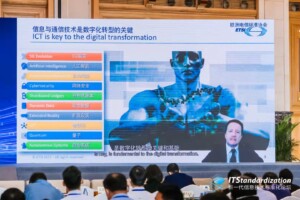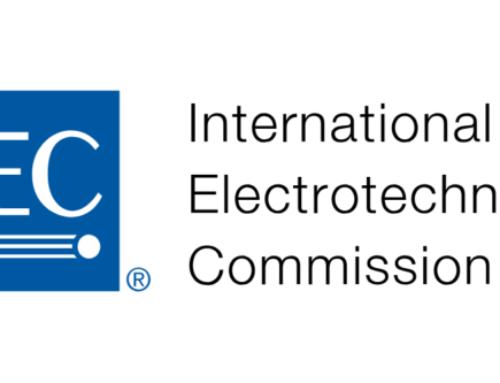On 21 and 22 October 2021, the China Electronics Standardizsation Institute (CESI) and other organizations jointly held the 2021 New Generation Information Technology Standardisation Forum in Shenzhen, with the theme of “Digitalization creates new opportunities; Standardisation helps new development”.
According to XU Quanping, Deputy Director of the Standards Innovation Management Department of the State Administration for Market Regulation (SAMR), China has established more than 1,300 national technical committees for standardisation, which have issued more than 40,000 national standards; at the same time, more than 76,000 sector standards, 53,000 local standards, nearly 30,000 association standards and more than 2 million self-declared enterprise standards have been issued. In terms of international standardisation, China has signed 98 standardisation cooperation agreements with 55 national and regional standardisation bodies and international organizations. Chinese experts have held the chairmanship and vice chairmanship of 77 ISO and IEC technical bodies, leading the development and publication of 917 ISO and IEC international standards. In the future, the Standardisation Administration of China (SAC) will fully implement China’s Outline for National Standardisation Development.

Luis Jorge Romero, Director-General of the European Telecommunications Standards Institute (ETSI), delivered the keynote speech on innovation and standards. In particular, he highlighted how information and communication technology is fundamental to the digital transformation. In addition, some groups of ETSI have launched specific activities to explore and investigate the new technologies that will shape the future; other groups are evaluating the role that ETSI can play in facilitating the process for researchers to convert projects into standards.
During the Forum, experts also introduced China’s future activities and priorities, namely:
- To promote the deep integration of standards with science and technology, and coordinate the development of standards with technological innovation, product research and development, and experimental application.
- To accelerate the establishment of a standards system that meets high-quality development; to strengthen the top-level design of next generation information technology standards, such as artificial intelligence and ultra-high-definition video.
- To participate in international standardisation activities, share Chinese solutions and practical experience, and promote the establishment of a global industrial ecosystem featuring coordinated development and mutual benefit.




